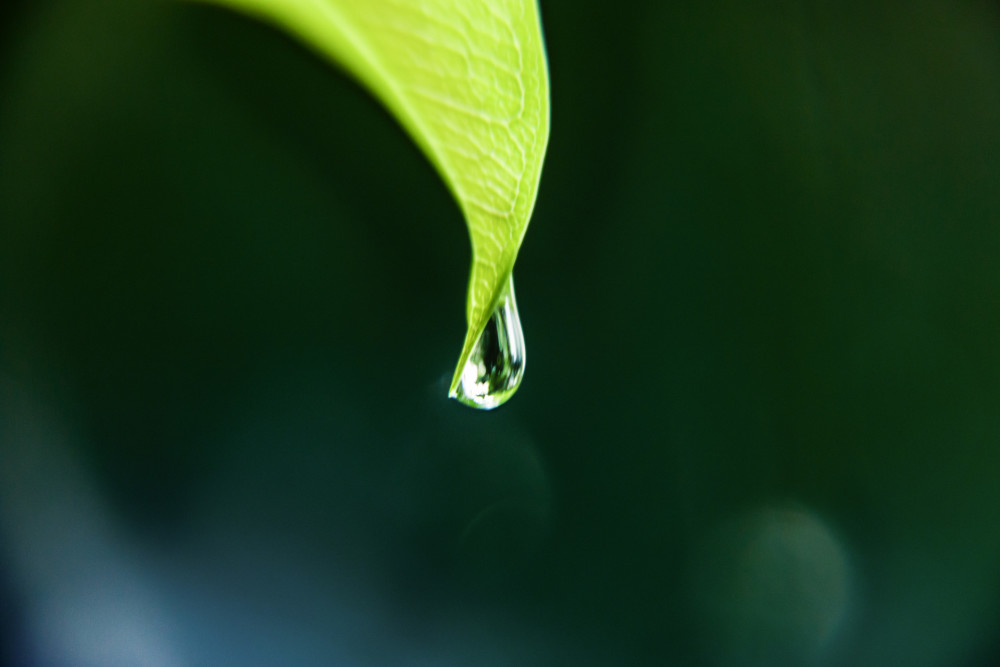"Traveling to the Lake and Mountain Miscellaneous Gifts"
[Song] Land tour
Fish market tree wind outlet, tea village valley before the rain.
The willow smoke covers it, and the grass on the embankment sleeps.
The tomb sweeps the crows and the flesh, and the people return to the heron to guide the boat.
The east wind blows short hair, and the sentence is for whom.

Translations
In the market for selling fish, the business is smooth sailing; the village where tea is picking has entered the valley rain season in the blink of an eye.
At the edge of the willow trees, the smoke green was blown to the ground, and above the embankment, the grass and overgrown seemed to be sleeping.
The grave sweepers leave, the crows take away the flesh, and the people return, and the herons act as guides in front of the ship.
The spring breeze blows "I"'s short hair, and "I" compose a poem, who should I show it to?
exegesis
Fish Market: Refers to the market where fish are sold.
Woodwind: Refers to the downwind, good wind.
Gu Yu: It is the sixth of the twenty-four solar terms and the last one of spring.
Cover: Describe the way the willow branches are blown by the wind.
Qianmian: refers to the lush state; one refers to the woolly cotton, grass and trees grow over the bushes.
Appreciation
This is a Guyu poem by the Song Dynasty poet Lu You.
Gu rain is the last festival of spring, spring is about to pass, summer is coming. As the temperature warms up, so does the rain. "Valley rain", "Words and rain give birth to a hundred valleys, and things are born quiet and clear." "At this time, the willows are clinging, the grass is green, the fish market is lively, the tea leaves are just right, and the people are good with spring."
"Fish market wood wind outlet, tea village valley before the rain." Shoulian said that the market for selling fish is the business of the smooth wind and water; the village where the tea is picking has entered the rainy season of the valley in the blink of an eye. This is written "Gu Rain Wind Thing". The fish market is good, the tea is good, and there is a scene of harvest. Guyu tea is a spring tea picked during the rainy season of the valley, also known as erchun tea. Xu Cishu of the Ming Dynasty said of the tea picking season in the "Tea Shu" that "the Qingming Dynasty is too early, the summer is too late, and before and after the valley rains, the timing is moderate." It can be seen that Gu Yu's tea tasting is also a pleasure.
"The willow smoke is hidden, and the grass on the embankment sleeps." The jaw joint means that on the edge of the willow tree, the smoke green is blown to the ground, and above the embankment, the grass grows like a sleeping place. This is written "Scenery of Valley Rain". "Willow smoke covers the water" is a dynamic description; "grass on the embankment sleeps", which is a static description. Through a "movement" and a "quiet", the quiet and beauty of the growth of all things during the rainy season of the valley are outlined. Another of Lu You's "Feelings of Nostalgia" poem, "Sleep vanilla is lush, cover the smoke willow is weak." "The mood is more or less similar.
"The tomb sweeps the crows and the flesh, and the people return to the herons to guide the boat." The neck joint means that when the grave sweep leaves, the crow takes away the meat, and the man returns, and the heron guides in front of the ship. This is written "The Leisure of the Valley Rain". After the Qingming Dynasty, it is gu rain, and the qingming sacrifice sweep is a custom, but the valley rain can go to the grave. The sacrifices after the grave are taken away by the crows, and the people return to the herons as guides, all of which express the idea of harmonious coexistence between man and nature. A picture of the valley rain festival sweeping back to the boat jumped on the paper, vivid and charming.
"The east wind blows short hair, who has to say it." The tail link is to say that the spring breeze blows the short hair of "I", and "I" compose a poem, who should I show it to? This is written "The Loneliness of the Valley Rain". The woman's flower appearance will grow old; the poet's full talent will also be thrown. Spring hates autumn sorrow, and everything has been provoked since then. The change of time, spring to summer, caused the poet to feel a sense of nostalgia for spring.
The mountains and rivers are unharmed, the people are lonely, the eyes are full of scenery, and the empty verses are chanted. On the one hand, the poem shows the poet's love for nature and life, and on the other hand, it shows the loneliness and loneliness behind the passage of time, and the sound of bitter ignorance. "Pitching has its own form, and the wine poem is self-contained." In any case, the rainy season in the valley is still quiet and beautiful in the poet's heart, and it is worth singing for it.
Author: Yan Yong, Master of Arts. He has published nearly 100 poem reviews on the "Learning to Strengthen the Country" learning platform. He is a member of the Chinese Poetry Society, a member of the Jiangsu Writers Association, and a member of the third batch of the National Young Writers Class. He has published a collection of literature and history, "Taizhou History: The City by the Salt River", a collection of essays "Reading Travel", and an essay collection "Fengyun Taizhou". Published more than 1,000 articles. He is currently the editor of the newspaper.